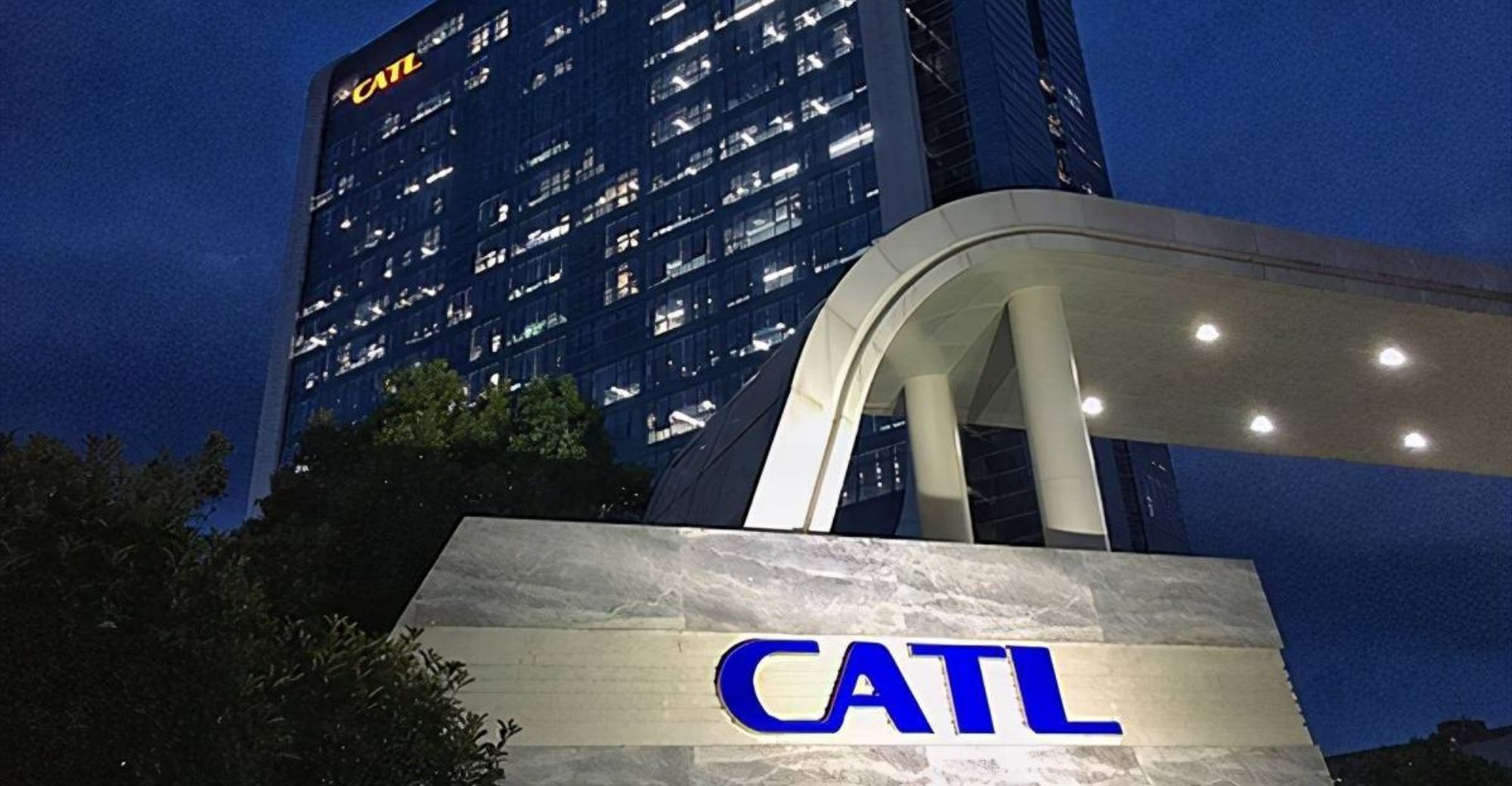The Indian Geological Survey has uncovered a massive deposit of lithium in the Reasi district of the north-western state of Jammu and Kashmir. The deposit is estimated to hold around 5.9 million tonnes of lithium, as announced by India’s Ministry of Mines.
This discovery is expected to change India’s dependence on imports of the raw material from Australia and Argentina, as the country strives to become CO₂-neutral by 2070.
The government of India has already launched initiatives to build a battery and cell industry in the country, with a call for funding to establish battery cell factories in October 2021. Ten companies including Hyundai, Ola, and Reliance New Energy Solar (RNES), a subsidiary of Reliance Industries, submitted plans for factories with a total capacity of 130 GWh.
See also: GM Makes Historic $650 Million Investment in Lithium Development for EV Transition
The government is also promoting electric vehicles through its national eMobility subsidy program, FAME 2, and the CESL funding for the commercial vehicle market.
Despite India being one of the largest producers of CO₂ emissions, it has set its sights on a greener future and has taken steps to increase demand for electric vehicles. The car market in India is still relatively small, with electric models accounting for only 1% of total car sales.
However, local automakers Tata Motors and Mahindra & Mahindra, as well as international players like BYD and MG Motors, are investing in the electric vehicle market in India.
See also: Ganfeng Lithium Invests 2.2 Billion Euros in Construction of Two New Battery Factories
The new lithium deposit will play a crucial role in the country’s plans to create a value chain in the industry. According to the US Geological Survey, Chile currently holds the largest lithium reserves with 9.3 million tonnes, followed by Australia with 6.2 million tonnes. With this significant discovery, India can now join the ranks of the largest lithium nations.







